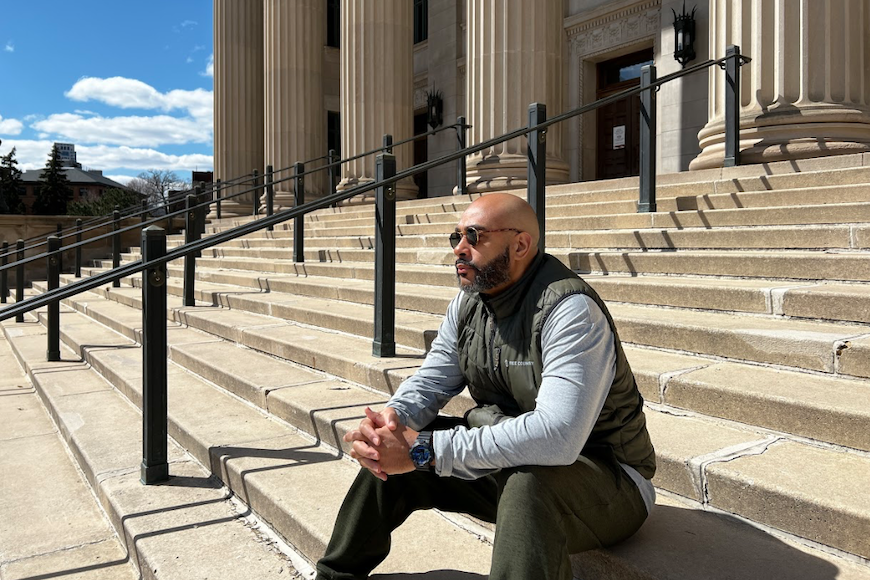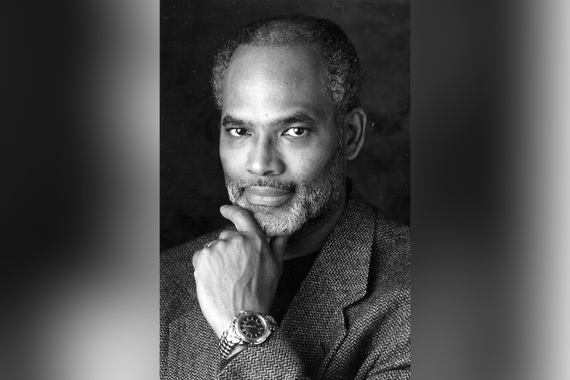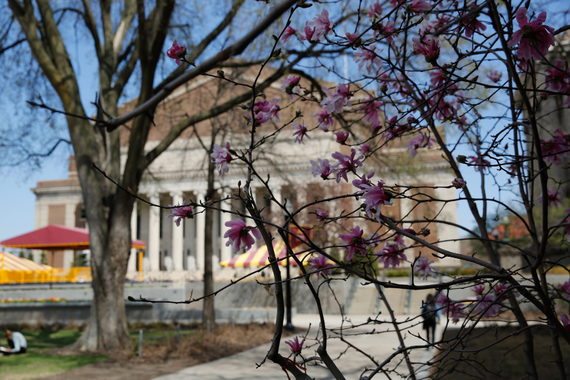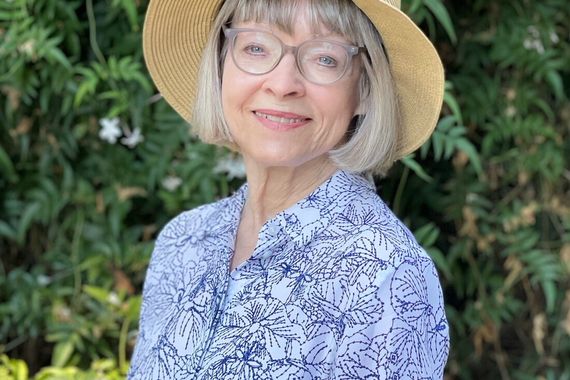Capturing History, Making History
Ralph Crowder has been capturing history his whole life. Now, at the University of Minnesota, he’s preparing to make some history of his own.
On May 4–6, Crowder will host Before the Mayflowers Landed, a three-day showcase of hip-hop-inspired films, media, and discussions exploring themes of arrival for present-day issues impacting Black People in America. The project took shape through a community fellowship hosted by the Institute for Advanced Study and the Liberal Arts Engagement Hub—the first fellowship of its kind.
Crowder considers it a full-circle experience.
His father, Dr. Ralph Crowder II, served as a founding faculty member in the college’s Afro Studies department and had also been a documentarian, capturing footage of the Black Liberation Movement between 1969 to 1978. As a child, Crowder recalls accompanying his dad to campus, attending classroom discussions and community conferences. Today, he is the one behind the camera, sharing his University of Minnesota experience with his five-year-old grandson.
“When everything came together within this particular fellowship, I viewed it as a culmination of my body of work in produced media, bringing together early influences with a University that had a great impression on me at a young age,” he says. “It’s a really rewarding experience to share that with my grandson just as my dad shared it with me.”
But first, there was basketball
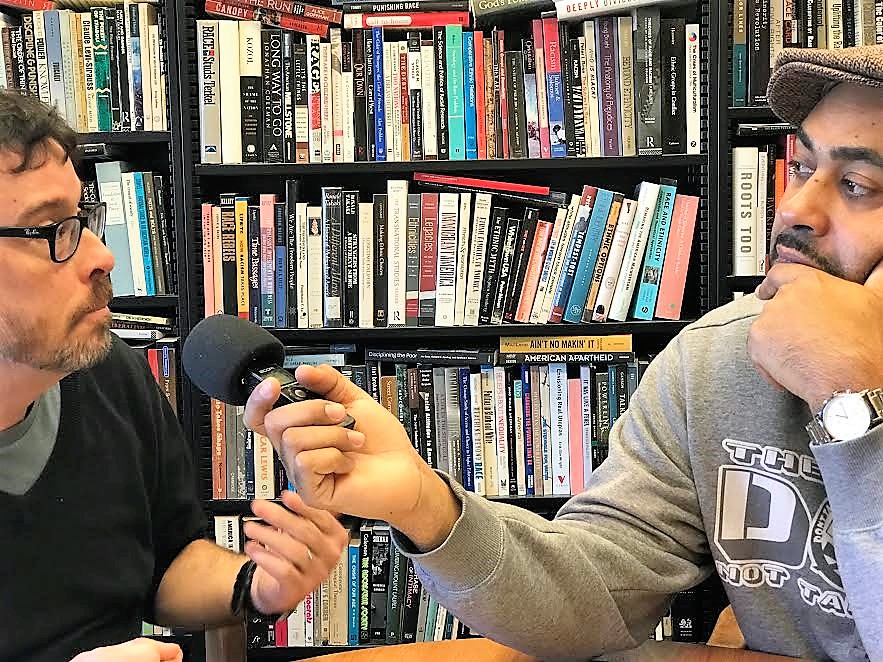
Crowder’s love for culture and basketball connected him with Professor Douglas Hartmann (Sociology) in the mid-90’s. Hartmann was working on a research grant studying an Inner City Basketball league, co-founded by Crowder and former 1988 State of Minnesota Mr. Basketball, Derek Reuben. That experience would lead to a published book partially based on Hartmann’s research with Crowder and Reuben called Midnight Basketball: Race, Sports and Neoliberal Social Policy.
In 2022, Hartmann and Crowder continued their basketball interests with a collaborative project that centered race, politics, and basketball in the Twin Cities.
“Dr. Hartmann brought my attention toward the IAS-Hub fellowship and advocated for a potential opportunity to participate in a community capacity after some challenging administrative experiences we had working on our history project,” shares Crowder. Then, when he was selected for the Spring 2023 Visiting Fellows & Scholars in Residence program, Crowder felt compelled to lean into the community-centered aspects of the IAS and Hub’s missions.
“It is important to exercise a sense of agency in these opportunities where great work can be uplifted with mutual benefit for community members and their relationship to any given Institution of learning. Anyone working outside of the traditional walls of academia has to understand that you bring something of value to the table that is very important.”
“I made a decision to move towards some independent work I’ve been doing outside of the basketball focus theme with this fellowship opportunity after reading some stated values of the IAS and the Hub. The language they used around centering racial, anticolonial, and decolonial justice is serious work; there is a need for building foundations of partnership with balance in power dynamics, where community-led work is primary, not just a shared complement to University staff or research initiatives. These powerful words are now used often in academia but have to be role modeled in institutional practice.”
Ralph Crowder on community engagement
Hartmann and Crowder’s basketball documentary is still in phased development, but during the course of the IAS-Hub fellowship, Crowder complemented his ongoing work with the Frances E. Thompson Digital Library for Family Research, a curated, multimedia archive named for an important community mother. Through video, audio, print pieces, and art, Crowder hopes to demonstrate a better understanding how structural racism impacted what he terms “political human family experiences” in America from 1945 to the present day.
A deeply personal perspective
Some of the archival footage was captured by Crowder’s family. His great-uncle recorded the Black community in South Minneapolis between 1945-55 with an 8mm film camera and his father documented his own interactions in the same community a decade later. Crowder views the project as an extension of the work he has been doing his whole life-celebrating Black expression—and as a meaningful and necessary way to preserve the work of those who came before him.
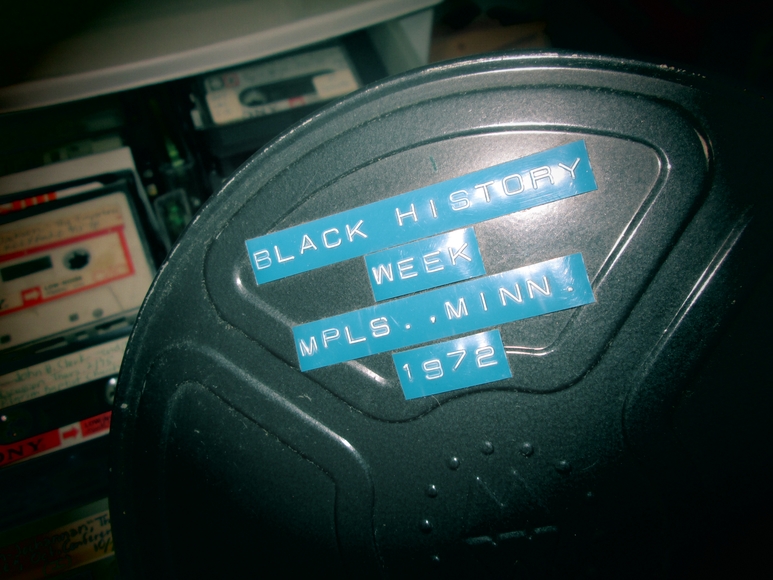
“The family community experience is so important because Black-centered education is suffering from large gaps of generational connection,” he shares. “I want this work to be part of a greater urgent need to expand our history and lived experiences into an updated digitized library for black family research. The changing innovation of digital technology has the potential to leave important histories behind if they are not preserved for new practices of curation.”
Crowder hopes his showcase will humanize some of those stories and experiences, and combat the harmful, stereotypical narratives around Black-centered life. And as the IAS-Hub’s inaugural community fellow, he also hopes his work will inspire other institutions to participate and support the further development of this depository of rare local histories, many unheard and unseen to the general public.
“There are so many rich, dynamic, articulate, educated, inspiring, beautiful people that operate outside of the world of academia,” he shares. “I think it’s a beautiful connection, scholarship and real-life experiences, and being able to bring those together in true fashion of community partnership; but with all that proceed with understanding your personal or cultural value should never be marginalized.”
Explore Ralph's other works
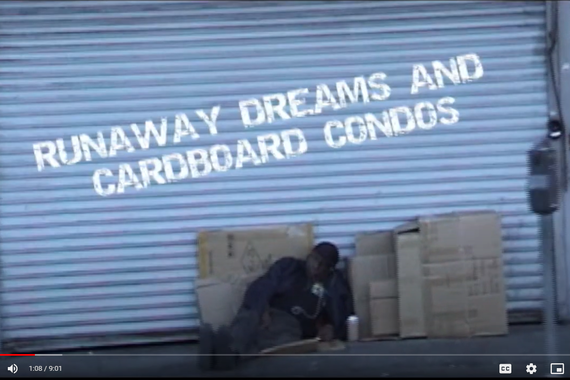
Producer Ralph L. Crowder III gives valuable perspective on why his important cultural observation took years to be released publicly. Runaway Dreams & Cardboard Condos is a mirror into a man's story living on California's Skid Row with the nation's pioneering Black psychologist giving needed perspective to his struggle.
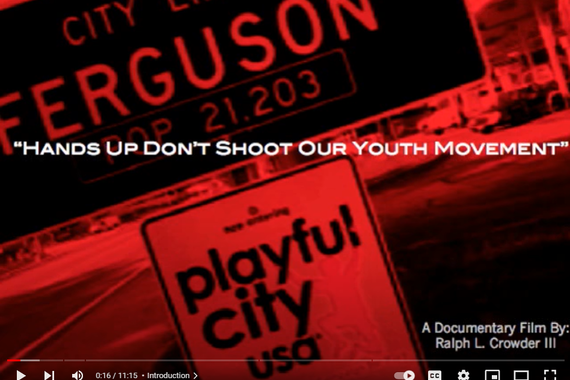
The American Psychological Association Biennial 2015 National Multicultural Conference & Summit discussion of the documentary film, Hands Up Don't Shoot Our Youth Movement. Selected conference leaders and psychology industry professionals give commentary toward the educational and cultural value of the featured film.
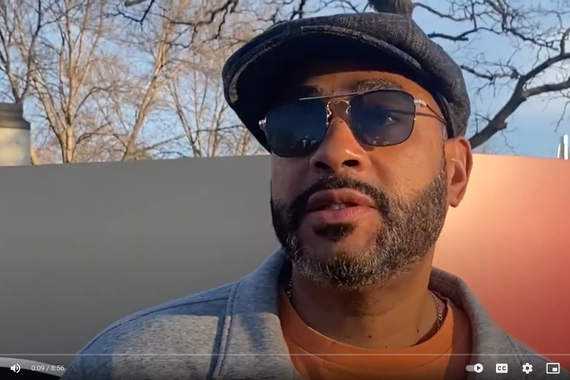
An important conversation with independent journalist/producer Ralph L. Crowder III at the public premiere screening of his documentary film, A Great Day In Twin Cities Hip Hop. Dr. Jason Woods & Dr. Michael Dando give a critique and analysis on how the film can be used as an educational resource in the field of Hip Hop Studies.
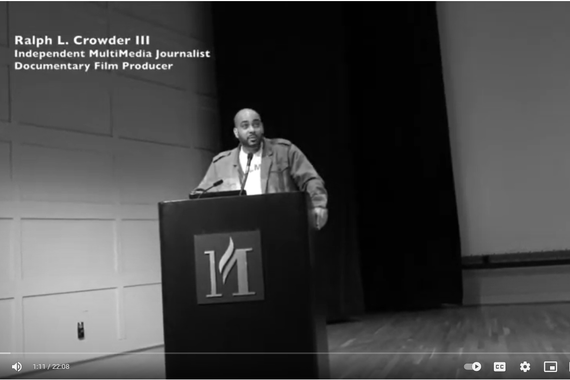
In February 2017, the Minnesota History Center presented the first public pre screening/discussion of The Lost Negroes of North America. This new and very timely contribution by independent multimedia journalist Ralph L. Crowder III seeks to have broad community engagement in the duration of time allotted to the films pre-production process.
